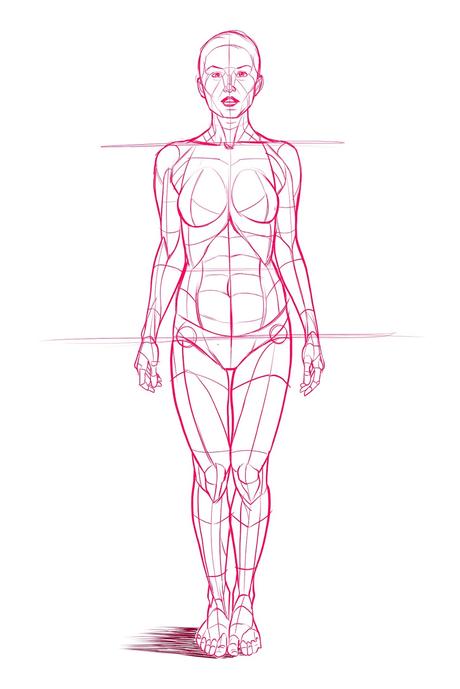Cardiovascular diseases (stroke and heart disease), diabetes, lung disease, and cancer are some of theleading causes of preventable death across the world. But you can reduce the risk of these big four chronic diseases and other long-term illnesses by changing your way of life. This is because most common chronic diseases share risk factors related to our habits and everyday choices. For instance, an unhealthy diet can lead to obesity, which is one of the risk factors for certain types of cancers, plus stroke, heart disease, and diabetes. On the other hand, smoking is a major cause of lung cancer and Chronic Obstructive Pulmonary Disease (COPD), and it puts smokers at a higher risk for heart disease than non-smokers. Below are some of the ways you can prevent, delay, and manage chronic diseases.

Eat Healthily
Eating a healthy diet is one of the easiest ways to delay, prevent, and manage type-2 diabetes, heart disease, and other chronic diseases. Ideally, you need to eat a balanced diet made up of veggies, fruits, lean meats, whole grains, low-fat dairy products, and whole grains. Adjust your foods based on the nutrition “diet” you’re following (for example, the keto diet requires high fats and low carbs). If you’re overweight, you need to lose 5 to 7 percent of your body weight to delay or prevent type-2 diabetes.
Limit Your Alcohol Intake
Moderate alcohol consumption means taking an average of two alcohol drinks per day for men and just one drink per day for women. Anything above this amount will put you at risk for various types of cancers. Additionally, excessive drinking will eventually lead to high blood pressure, heart disease, liver disease, and stroke. Not to mention, drinking can kill you. You can prevent all these health risks by not drinking too much.
Quit Smoking and Avoid Being a Passive or Second-Hand Smoker
If you are addicted to smoking cigarettes, you can (and should) seek professional help to quit. As we noted previously, smoking is one of the major causes of lung cancer and Chronic Obstructive Pulmonary Disease (COPD). Smoking is also a major risk factor for stroke and heart attack. Not to mention that second-hand smoke is a risk to others, so not only are you affecting your health, you are affecting others’. It’s not too late to quit this habit and reduce your risk of all these health problems!
Reduce Your Stress
According to WebMD, stress can easily increase your blood pressure, cholesterol levels, and cause a heart attack. In fact, stress is one of the primary triggers of mental health issues, like depression and anxiety. If you’re currently experiencing stress, make sure to talk to your healthcare provider to help manage it.
Exercise Your Body
Exercising is vital to your overall health and well-being. Identify a physical activity that you like, and that will challenge your body. Remember that your heart is a muscle, and it needs regular exercise for it to remain healthy. Exercising your body will also help you to maintain healthy body weight. However, before you can start exercising, you need to consult your healthcare provider about the appropriate exercise plan, especially if you have heart disease.
You don’t need a complex exercise plan to be healthy; it can be as simple as stretching your body, dancing, or walking up and down the stairs. Alternatively, you can start a walking group with other people from your neighborhood. Exercising with your friends is a great start, and your friends will hold you accountable if you feel like giving up.
Get Screened
To catch or prevent chronic diseases, you need to visit your physician for preventive services. Additionally, it’s essential that you report new signs and symptoms to your doctor. Regular checkups to measure sugar levels, blood pressure, and cholesterol are also important. When a problem is discovered early, it can be easier to treat through therapeutic apheresis.
Get Enough Sleep
Getting enough sleep will help restore your body, and it will affect how you feel. If you’re having trouble sleeping, it’s important that you establish a sleep routine. Ideally, a good routine will include going to bed and waking up at the same time daily, plus avoiding alcohol and heavy meals before going to sleep. You can wind down before going to bed by:
- Listening to calm music
- Reading a book
- Practicing meditation
- Having a cup of chamomile tea
- Reflecting on the positive events of the day/writing in a gratitude journal
Control your Blood Pressure
It’s crucial that you keep your blood pressure in check to prevent damage to the walls of your arteries (tear, bulges, and hardening), which can cause heart disease. Ensure that your physician checks your blood pressure frequently and follow the management directions.
Changing your lifestyle isn’t an easy task, and forming new habits doesn’t happen overnight. However, by taking the necessary steps like making your breakfast the healthiest meal, you can stay on top of your health and reduce your risk of chronic diseases.
Thank you for reading!


